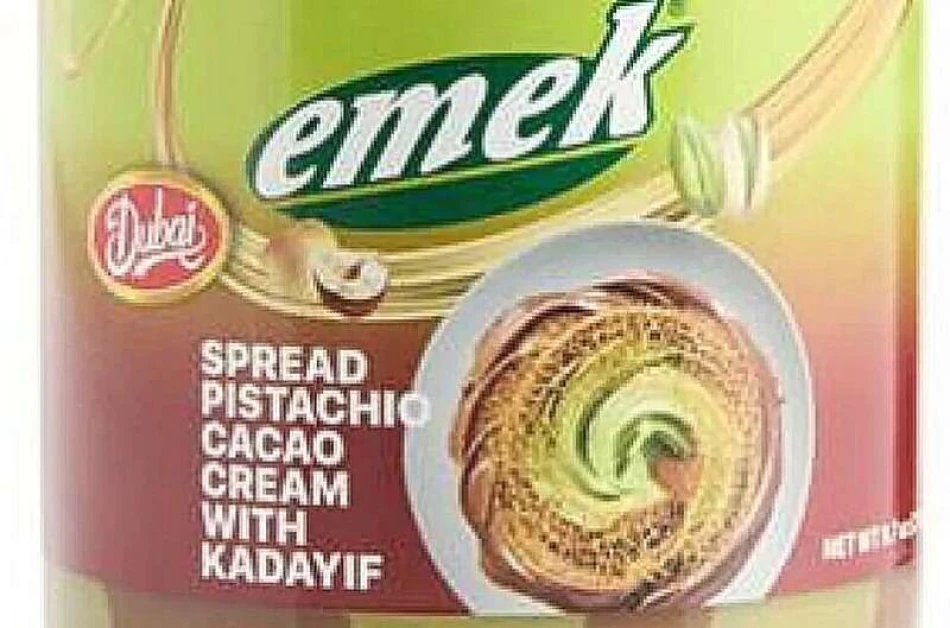
Dubai's Chocolate Delight: Salmonella-Free and Environmentally Conscious
UAE Distances Itself from Salmonella-Tainted "Dubai Chocolate" Knockoff in US Markets
The UAE's Ministry of Climate Change and Environment has clarified that a salmonella-contaminated chocolate product marketed as "Dubai chocolate" in American stores has no connection to authentic Dubai chocolate brands sold locally. The warning comes after the US Food and Drug Administration flagged the Emek-branded pistachio cacao cream product, highlighting how Dubai's viral chocolate trend has spawned unauthorized international copycats that could damage the emirate's growing reputation as a luxury food destination.
The Knockoff Problem
The contaminated product in question—Spread Pistachio CaCao Cream With Kadayef by the brand Emek—is manufactured outside the UAE and marketed to American consumers as being inspired by Dubai chocolate flavors. The UAE ministry emphasized that this foreign-made product merely mimics the flavors associated with authentic "Dubai chocolate" but operates without any official connection to Dubai-based producers.
This case underscores a common challenge facing viral food trends: as products gain international recognition, unauthorized manufacturers often rush to capitalize on the brand recognition without maintaining quality standards or proper licensing agreements.
Dubai's Chocolate Revolution
The authentic "Dubai chocolate" refers primarily to products from FIX Dessert Chocolatier, a luxury brand that originated in Dubai and gained global fame for its premium chocolates featuring Middle Eastern-inspired flavors. The brand's signature offerings often incorporate regional ingredients like pistachios, kunafa, and other traditional Arab dessert elements, creating a distinctive product category that has captured international attention through social media.
FIX Dessert Chocolatier's success represents part of Dubai's broader strategy to position itself as a global culinary hub, moving beyond its traditional roles in trade and tourism to establish food and beverage brands with international appeal.
Food Safety Standards at Stake
The UAE ministry stressed that all legitimate Dubai chocolate products available in local markets undergo rigorous safety testing and are free from salmonella contamination. This distinction is crucial for protecting Dubai's emerging reputation in the global luxury food market, where food safety incidents can quickly erode consumer confidence.
The salmonella contamination in the US-marketed knockoff product could have posed significant health risks to American consumers while potentially damaging the "Dubai chocolate" brand association that legitimate producers have worked to build.
Broader Implications for Brand Protection
This incident highlights the challenges that emerging food brands from the Middle East face when expanding internationally. Unlike established European chocolate regions like Belgium or Switzerland, which have decades of brand protection and recognition, newer markets like Dubai must actively defend their culinary innovations from unauthorized copycats.
The UAE's quick response to distance itself from the contaminated product demonstrates the government's commitment to protecting its growing food and beverage sector. This approach mirrors strategies used by other countries seeking to protect their culinary brands, such as Italy's efforts to combat fake "Italian" products or Japan's protection of authentic wagyu beef.
For Dubai's ambitions to become a recognized global food destination, maintaining strict quality control and rapidly addressing any brand confusion will be essential to preserving consumer trust and market position.
Most Viewed News

 Sara Khaled
Sara Khaled






